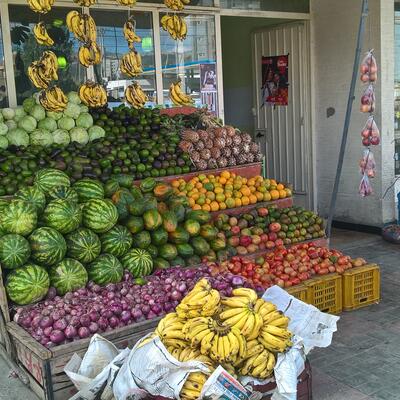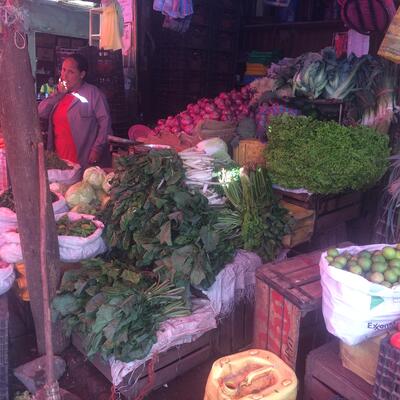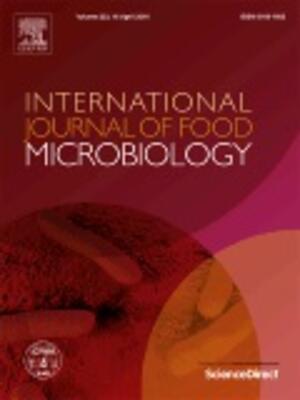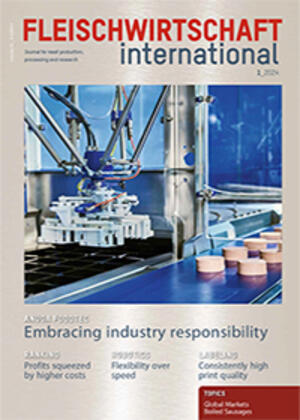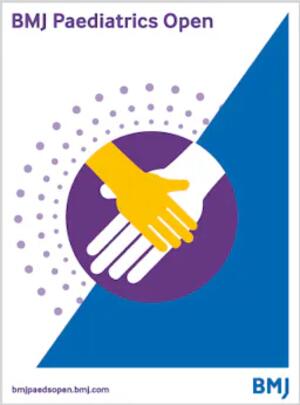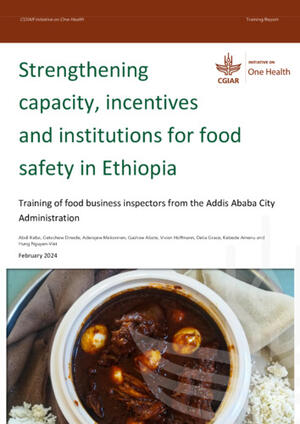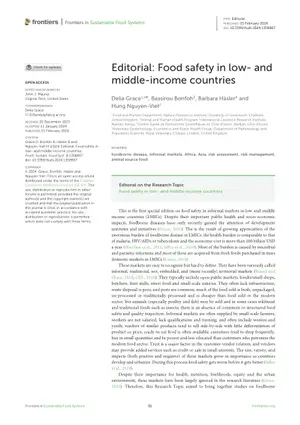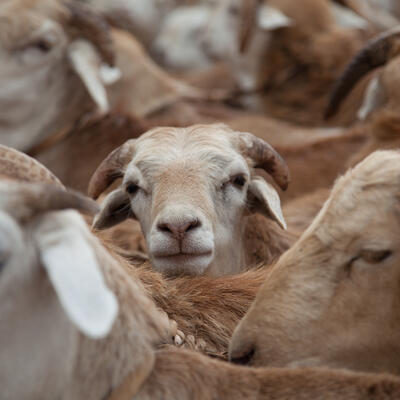
Global Safe Pork conference to come to Asia in 2027
The 2027 edition of the International Symposium on the Epidemiology and Control of Biological, Chemical and Physical Hazards in Pigs and Pork, or Safe Pork, will be held in Vietnam following successful bidding by the International Livestock Research Institute (ILRI) and partners at this year’s conference.

Safe Pork, the only global conference on the safety of pork products, is one of the most important events for the global pork sector. The biennial event targets researchers, policymakers and industry representatives and brings together international researchers, industry, and government agencies active in control and prevention of zoonoses of pig origin and other food safety concerns.
The 14th edition of Safe Pork was held in New Orleans, United States, from 15–17 May 2023.
At the pre-conference workshop on ‘Development of risk based meat safety assurance system’ in New Orleans, Delia Grace and Fred Unger, scientists at ILRI shared low-and-middle-income countries’ perspectives with workshop participants.

At plenary sessions of the conference, five more ILRI presentations highlighted pork as a potentially significant source of human salmonellosis and emphasized the need for the development of targeted interventions. Sinh Dang shared lessons from a project funded by the Australian Center for International Agricultural Research on ‘Market-based approach to improving the safety of pork in Vietnam’, or SafePORK, that introduced a novel, light-touch, market-based package with measures to improve hygiene in pork handling. Recommendations from SafePORK, which have been adopted by value chain actors in Vietnam, have reduced the prevalence of Salmonella in retailed pork from 52% to 24%. He also shared another study on food safety risk communication which applied a One Health approach to improve knowledge and practices along pork value chains in Vietnam.
Grace presented research findings that showed that the interventions were effective and sustained through consumer willingness to pay for safer pork. ‘An experimental auction study using Becker-DeGroot-Marschak (BDM) showed that customers in three traditional markets made bids on pork from upgraded and typical shops. They were willing to pay 20% more for upgraded fresh pork which would be sufficient to cover the cost of upgrading the shops,’ she said.
Unger shared how research on Salmonella contamination and food safety practices along the pork value chain in a rural east African setting showed that the Salmonella contamination risk changed at various stages of production from slaughter (carcass, 18%) to retail (fresh pork, 28%). These findings can guide practical risk reduction measures and risk assessment along this and other similar meat value chains.
Velma Kivali, a researcher with the ILRI-led Boosting Uganda’s Investment in Livestock Development (BUILD) project in Uganda spoke on research in Uganda that is assessing the levels and risk factors for microbial contamination in the pork value chain. ‘We have found high levels of contamination and significant Salmonella (19.73%) presence both at slaughter and retail points as well as poor hygiene and pork handling practices and this information will help in coming up with ways to mitigate cross-contamination to improve pork safety,’ said Kivali.
In addition, three posters were presented by ILRI scientists at this year’s conference. One featured 3s-FSPT, a new tool for rapid assessment of food safety performance and identification of interventions. The second described the process of developing a training course for butchers in Ethiopia based on the ‘three-legged stool’ concept which involves training and simple technology to capacitate value chain actors; nudges and incentives to motivate behaviour change; and creation of an enabling environment by bringing authorities on board. The third poster shared updates on seroprevalence and associated factors of trichinellosis in indigenous pigs and rural communities in Vietnam.

While the next Safe Pork conference will be held in 2025 in Brittany, France, the ILRI team provided a presentation during the closing session to bid successfully for hosting the 2027 Safe Pork conference in Vietnam. The bid featured a compelling slideshow and when the choice of 2027 venue was put to the vote, the audience was 95% in favour of Hanoi. This will be the first Safe Pork conference to be organized in a developing country in Southeast Asia.
Listed below are the ILRI presentations at Safe Pork 2023 (pre-conference workshop and conference):
- Risk-based Meat Safety Assurance Systems (RB-MSAS) – LMIC perspective (by Delia Grace and Fred Unger) provided as a commentary being part of the Pre-conference workshop.
- Effectiveness of light-touch intervention at small-scale slaughterhouse and traditional pork shop (by Hai Hoang Tuan Ngo¹, Sinh Dang-Xuan, Mats Målqvist, Luong Nguyen-Thanh, Phuc Pham-Duc, Phi Nguyen-Hong, Hang Le-Thi, Hung Nguyen-Viet, Trang Thi-Huyen Le, Delia Grace, Johanna Lindahl, Fred Unger)
- Food safety risk communication: A One Health approach to improve knowledge and practices along pork value chains in Vietnam (by Sinh Dang-Xuan, Trang Le-Thi-Huyen, Hai Ngo-Hoang-Tuan, Hung Nguyen-Viet, Delia Grace Randolph, Hung Pham-Van, Huyen Le-Thi-Thanh, Phuc Pham-Duc, Fred Unger)
- Salmonella contamination and food safety practices along the pork value chain in a rural East African setting (by Fred Unger, Cianjo Gichuyia, Lian Thomas, Christine Makena, Linnet Ochieng, Peter Gathura, Joshua Onono, Eric Fevre)
- Impact of perception and assessment of consumer on willingness-to-pay for pork from upgraded shop: an experimental approach (by Hai Hoang Tuan Ngo, Sinh Dang-Xuan, Mats Målqvist, Phuc Pham-Duc, Phi Nguyen-Hong, Hang Le-Thi, Hung Nguyen-Viet, Trang T.H. Le, Johanna F. Lindahl, Fred Unger, Delia Grace)






